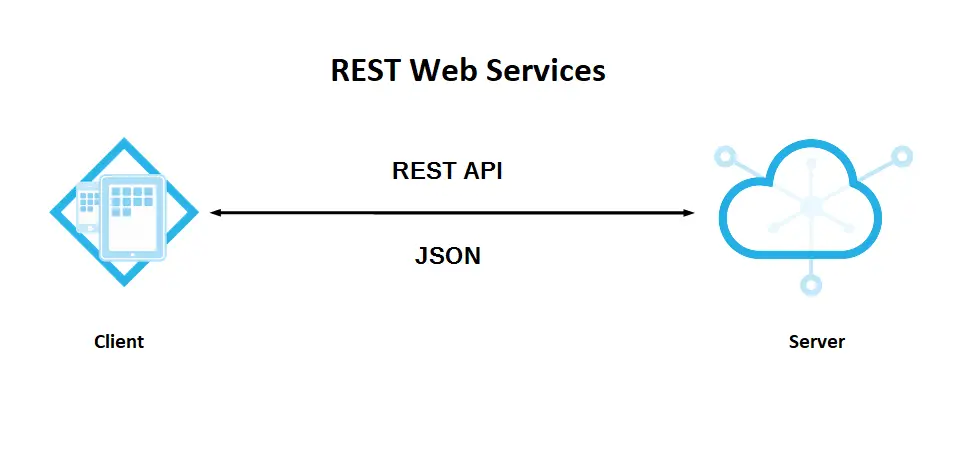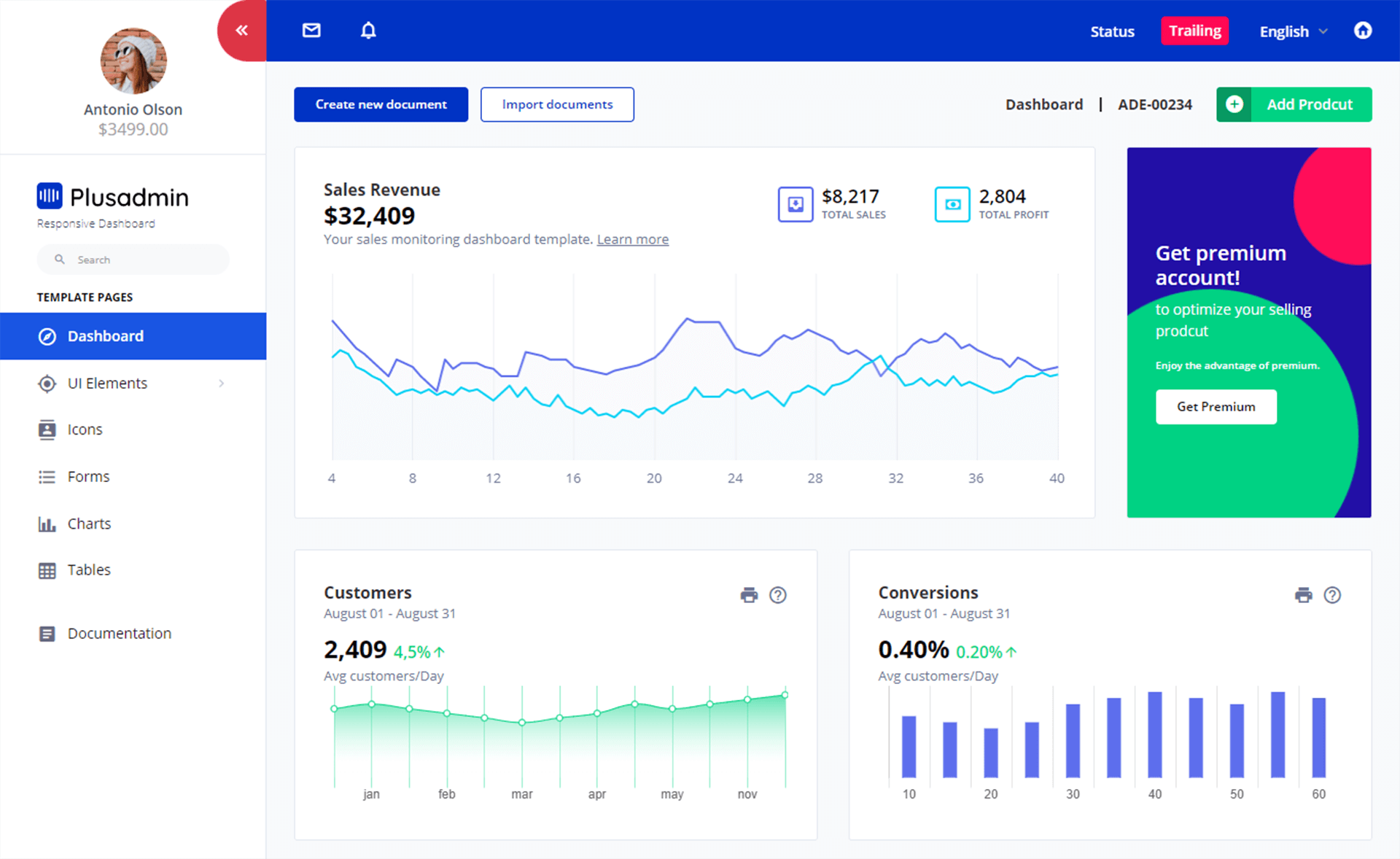Creating Dynamic Arrays and Lists with Dynamic and ExpandoObject in C#
By Tan Lee Published on Jan 09, 2025 888
In this example, we demonstrate creating a dynamic list where the number of objects is not known in advance.
Let's assume we need to filter a list of people based on age criteria.
dynamic output = new List<dynamic>(); dynamic row1 = new ExpandoObject(); row1.Name = "Alice"; row1.Age = 25; output.Add(row1); dynamic row2 = new ExpandoObject(); row2.Name = "Bob"; row2.Age = 17; output.Add(row2);
Imagine you have a JSON object containing a list of people, and you need to extract only those whose age is 18 or older.
{
"people": [
{ "name": "Alice", "age": 25 },
{ "name": "Bob", "age": 17 },
{ "name": "Charlie", "age": 30 }
]
}You can write the following C# code to process this data dynamically:
// Deserialize input JSON into a dynamic object
dynamic input = JsonConvert.DeserializeObject(myJsonData);
// Create an empty dynamic list for the output
dynamic output = new List<dynamic>();
// Iterate through the people array and filter based on age
foreach (var person in input.people)
{
if (person.age >= 18)
{
// Create a dynamic ExpandoObject for each person that meets the age criteria
dynamic row = new ExpandoObject();
row.name = person.name;
row.age = person.age;
// Add the dynamic object to the output list
output.Add(row);
}
}
// Serialize the output list back to JSON
string outputJson = JsonConvert.SerializeObject(output);Output
[
{ "name": "Alice", "age": 25 },
{ "name": "Charlie", "age": 30 }
]This example shows how you can filter data dynamically using C# ExpandoObject and a List<dynamic>, allowing you to handle variable data structures effectively.
Categories
Popular Posts
Structured Data using FoxLearn.JsonLd
Jun 20, 2025
Implement security headers for an ASP.NET Core
Jun 24, 2025
What Are RESTful Web Services?
Feb 19, 2024
Plus Admin Dashboard Template
Nov 18, 2024





